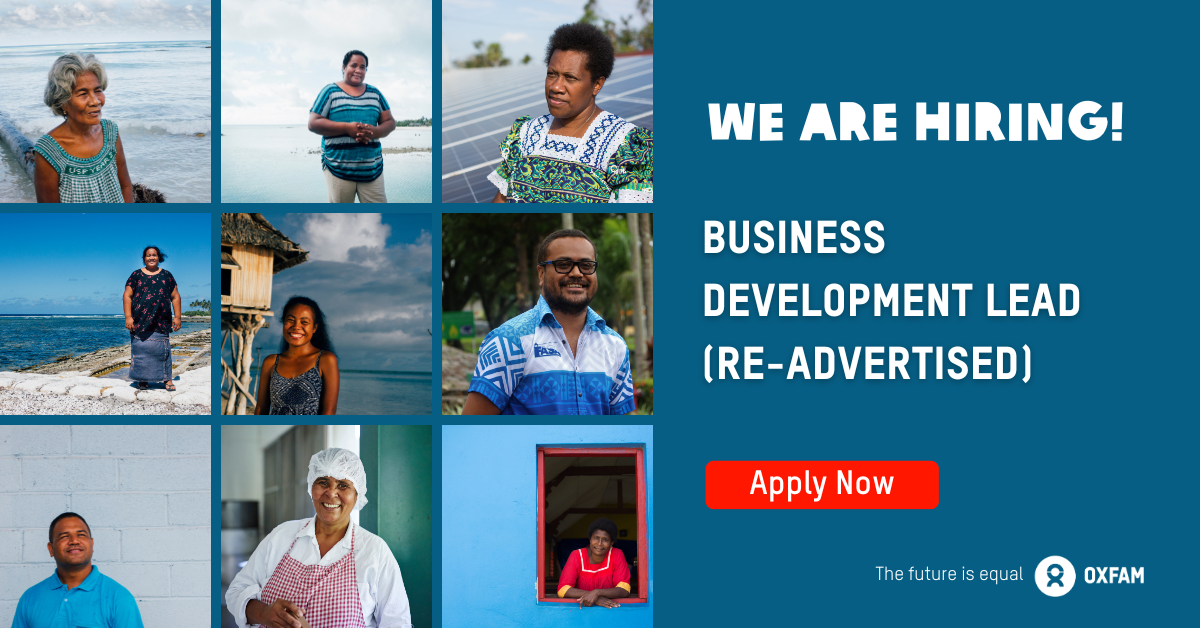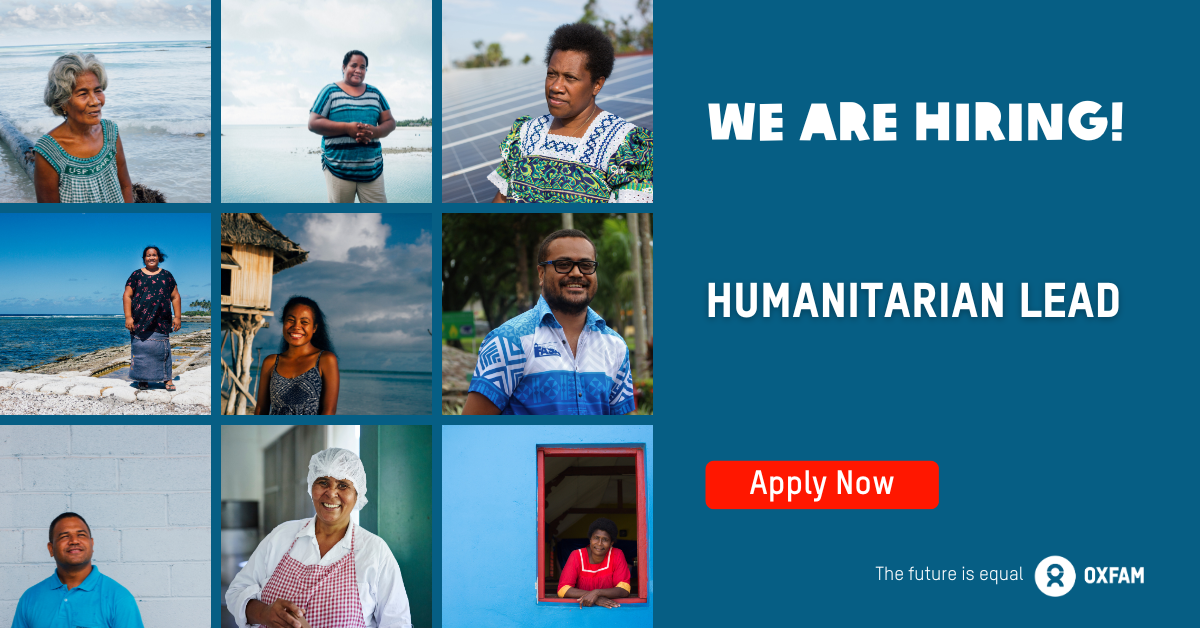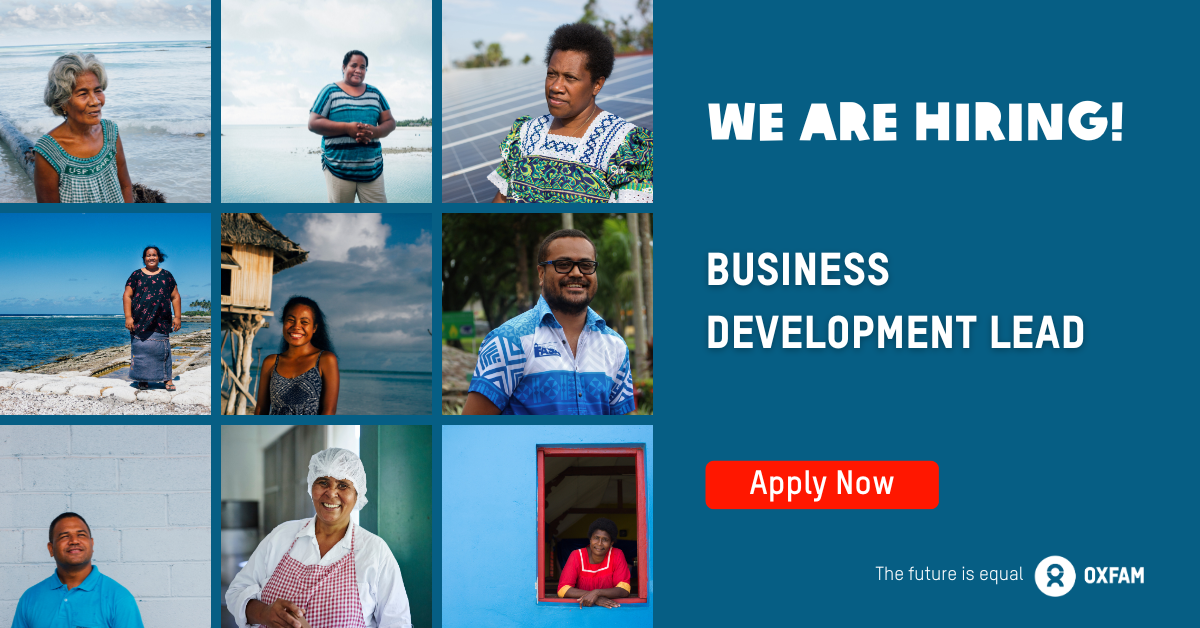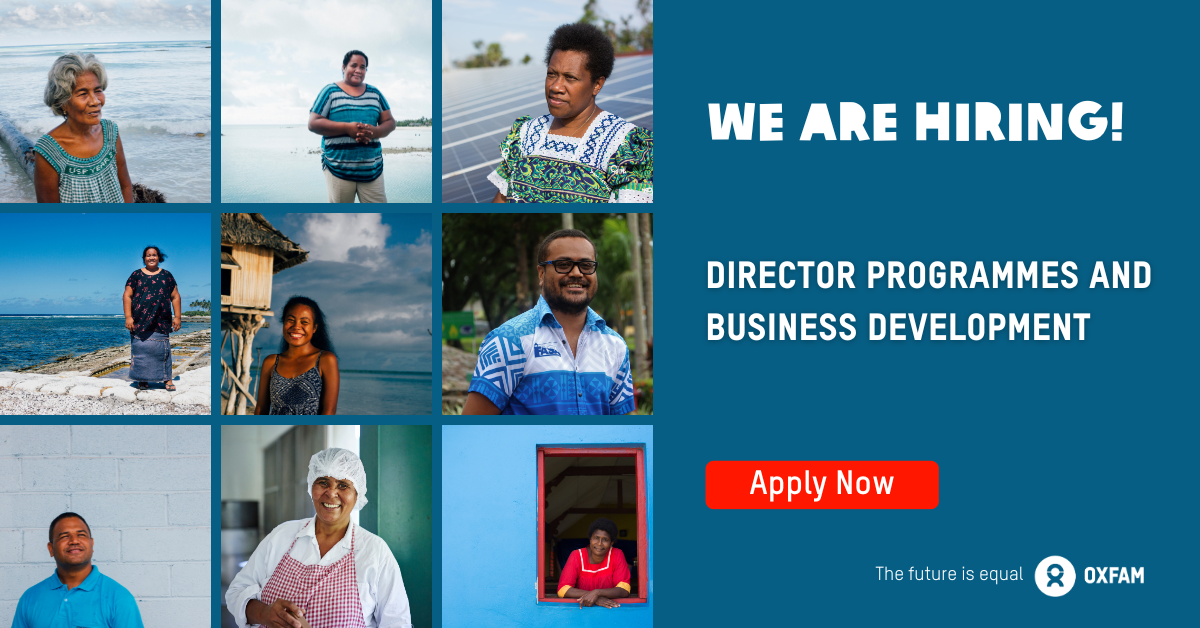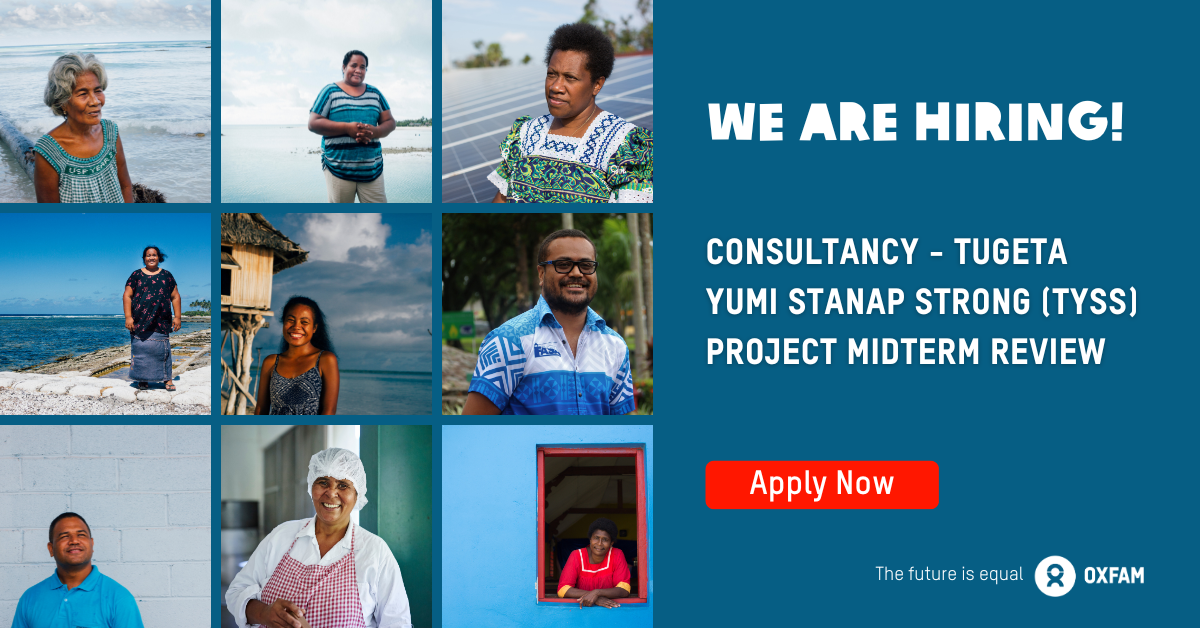
Women fishers registering for the COVID-19 financial assistance programme in Rakiraki on March 8, 2021
The impact of the COVID-19 pandemic has been acutely felt by women in Fiji who rely on fisheries for household food, nutrition and income security.
Women play a crucial but often unacknowledged role in sustainable fisheries management, fishing in a range of habitats and increasingly engaging in commercial activity.
However, the curfew and lockdowns imposed by the Fiji Government in March last year, following confirmation of the country’s first COVID-19 case, increased the challenges women fishers already face on a daily basis.
The lockdowns have since been lifted, but a daily 11pm-4am curfew is still in place.
Losena Tagi, who fishes daily near her coastal Namuaimada Village in Rakiraki to feed her family of 4 and also sells sea grapes (nama) at local markets, said the decline in demand was hurting her business.
“The demand in the market is very low compared to before COVID but we still go out every morning to get ‘nama’ and sell for some income,” she said.
Women fishers around the country are facing similar issues, according to a 2019 rapid care analysis by the Women in Fisheries Network – Fiji (WIFN), an Oxfam in the Pacific (OiP) partner.
Women fishers have experienced a decrease in sales fuelled by a sharp decline in demand, as well as a rise in transportation costs due to the pandemic-related social restrictions.
Based on the findings and with support from OiP, the network is conducting a COVID-19 financial assistance programme for 950 women in the Ba, Rakiraki, Rewa and Tailevu provinces, for which registrations were held from March 4th to 11th.
More than 500 women registered at each of the venues, said WIFN Coordinator Marama Tuivuna, adding that the applications would be thoroughly vetted before the funds are distributed.
Each woman will receive $140 in funding sent directly to their bank accounts or transferred through MPAISA, bringing the total worth of the assistance package to FJ$133,000.
“Our first priority is those who have attended our training or members of the network, then the others are those who provide proof that they are fishers so that means in every province it will be around 237 women who will be assisted,” Ms Tuivuna said.
The assistance comes at an important time for women fishers who rely solely on fisheries for food security and income.
Mereoni Kurulo, of Naviyago Village in Lautoka, said that if chosen she would use the money to buy fishing gear and pay for market stall fees.
“When COVID started, a lot of people who never fished before turned to fishing after losing their jobs,” Ms Kurulo said.
“This was a big challenge for us who have always relied on fishing to make ends meet, so we welcome this assistance.”
The assistance aims to give fishers like Ms Kurulo and Ms Tagi a leg-up at a challenging time, in support of the valuable role women in Fiji play in fisheries management.


